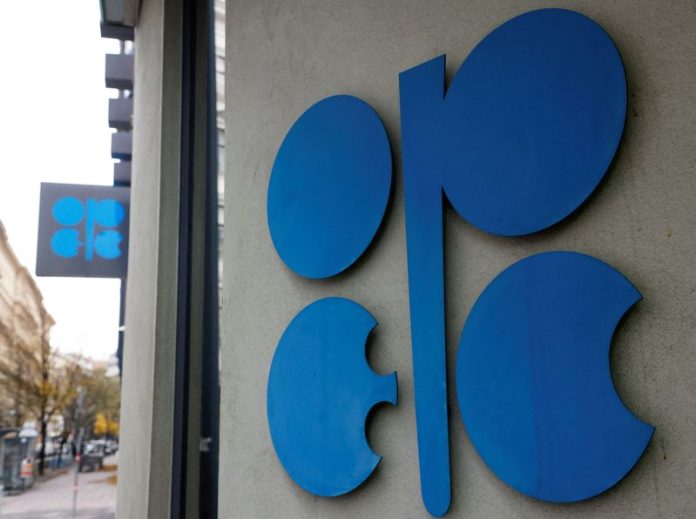OPEC+ agreed to extend most of its deep oil production cuts until 2025 to support the market, according to Reuters.
The oil market needs backing amid moderate demand growth, high interest rates, and rising production from rivals in the United States.
Brent crude prices are trading around $80 a barrel in recent days. This is below the level needed by many OPEC+ members to balance their budgets. Meanwhile, concerns about slow demand growth in China, the largest oil importer, are putting pressure on prices along with rising oil inventories in developed countries.
The Organisation of the Petroleum Exporting Countries and allies, known as OPEC+, have carried out a series of deep production cuts since the end of 2022.
Its members are currently cutting production by a total of 5.86 million barrels per day (bpd), or about 5.7 per cent of global demand. These include cuts of 3.66 million bpd, as well as voluntary cuts of 2.2 million bpd by eight member countries. The reductions expire at the end of 2024 and the end of June 2024 respectively.
OPEC+ agreed on Sunday to extend the 3.66 million bpd production cuts by a year until the end of 2025. The organisation also agreed to extend the 2.2 million bpd cuts by three months until the end of September 2024, Saudi Energy Minister Prince Abdulaziz bin Salman announced.
We are waiting for interest rates to come down and a better trajectory when it comes to economic growth … not pockets of growth here and there.
OPEC+ expects oil demand to average 43.65 million bpd in the second half of 2024. This implies a 2.63-million bpd reduction in inventories if the group maintains production at the April level of 41.02 million bpd.
Challenges of cutting deep oil production
The International Energy Agency estimates that demand for OPEC+ plus shares will average well below the 41.9 million bpd level in 2024. Amrita Sen, co-founder of Energy Aspects think tank, said:
The deal should allay market fears of OPEC+ adding back barrels at a time when demand concerns are still rife.
Meanwhile, Prince Abdulaziz said OPEC+ could suspend the winding down of cuts or cancel them if demand was not strong enough. He stated that one of the reasons for the delay was the difficulty independent consultants had in assessing Russian data amid Western sanctions on Moscow for its war against Ukraine.
Analysts had expected OPEC+ to extend voluntary cuts for several months because of falling oil prices and sluggish demand. However, they also predicted the group would find it difficult to set targets for 2025 as it had yet to agree individual capacity targets for each member. The issue has reportedly created tensions before.
The United Arab Emirates, for example, is pushing for an increase in its production quota, citing long-standing understatement of its capacity figures. However, OPEC+ postponed its capacity discussions unexpectedly on Sunday until November 2025 this year.
Instead, the group agreed a new production target for the UAE that would gradually increase output by 0.3 million bpd from the current level of 2.9 million.
The countries that have voluntarily reduced production are Algeria, Iraq, Kazakhstan, Kuwait, Oman, Russia, Saudi Arabia, and the United Arab Emirates.
The Saudi government filed paperwork to sell a new stake in state oil giant Aramco, potentially raising up to $13.1 billion, a landmark deal to finance Crown Prince Mohammed bin Salman’s plan to diversify the economy.
OPEC+ will hold its next meeting on December 1, 2024.
